name: inverse layout: true class: center, middle, inverse --- # [NOTIFICATIONS](http://sitn.hms.harvard.edu/flash/2018/dopamine-smartphones-battle-time/)  .footnote[Picture from [itstimetologoff.com](https://www.itstimetologoff.com/2018/03/22/why-switching-off-your-social-media-and-phone-notifications-is-your-own-mini-digital-detox/)] --- # [Dopamine, Smartphones & You: A battle for your time](http://sitn.hms.harvard.edu/flash/2018/dopamine-smartphones-battle-time/) 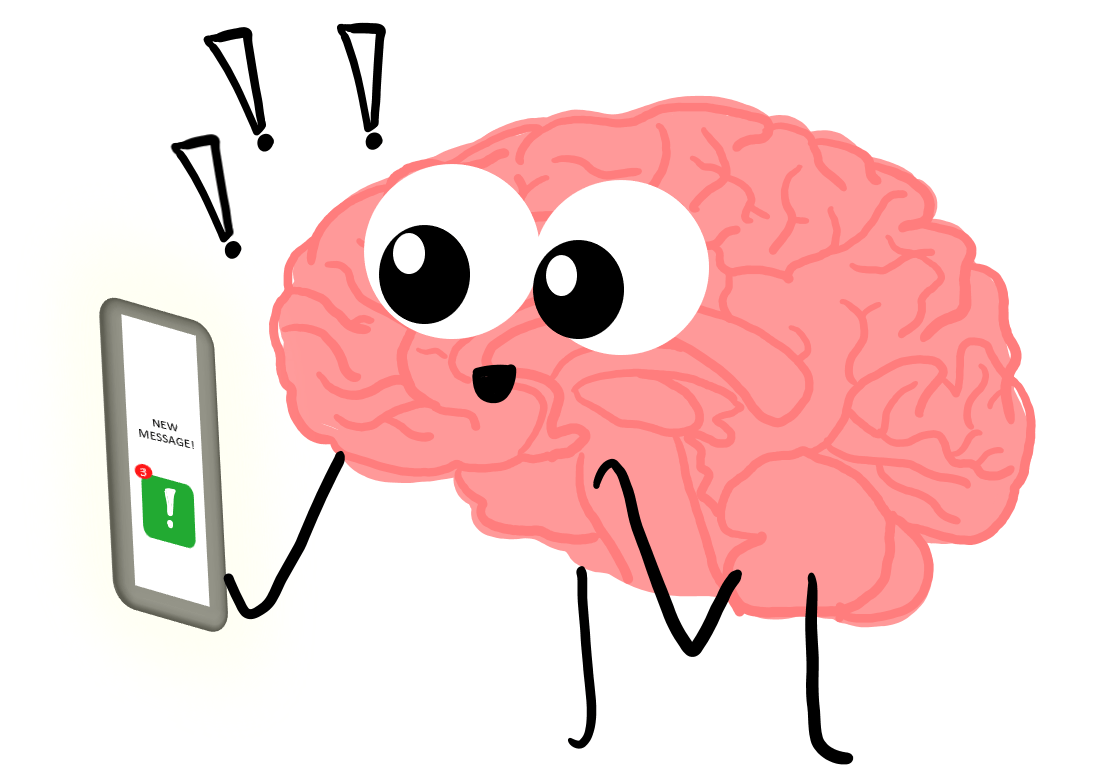 --- layout: false .left-column[ ## Using Mobile Phones to Persuade ] .right-column[ Jennifer Mankoff CSE 340 Spring 2019 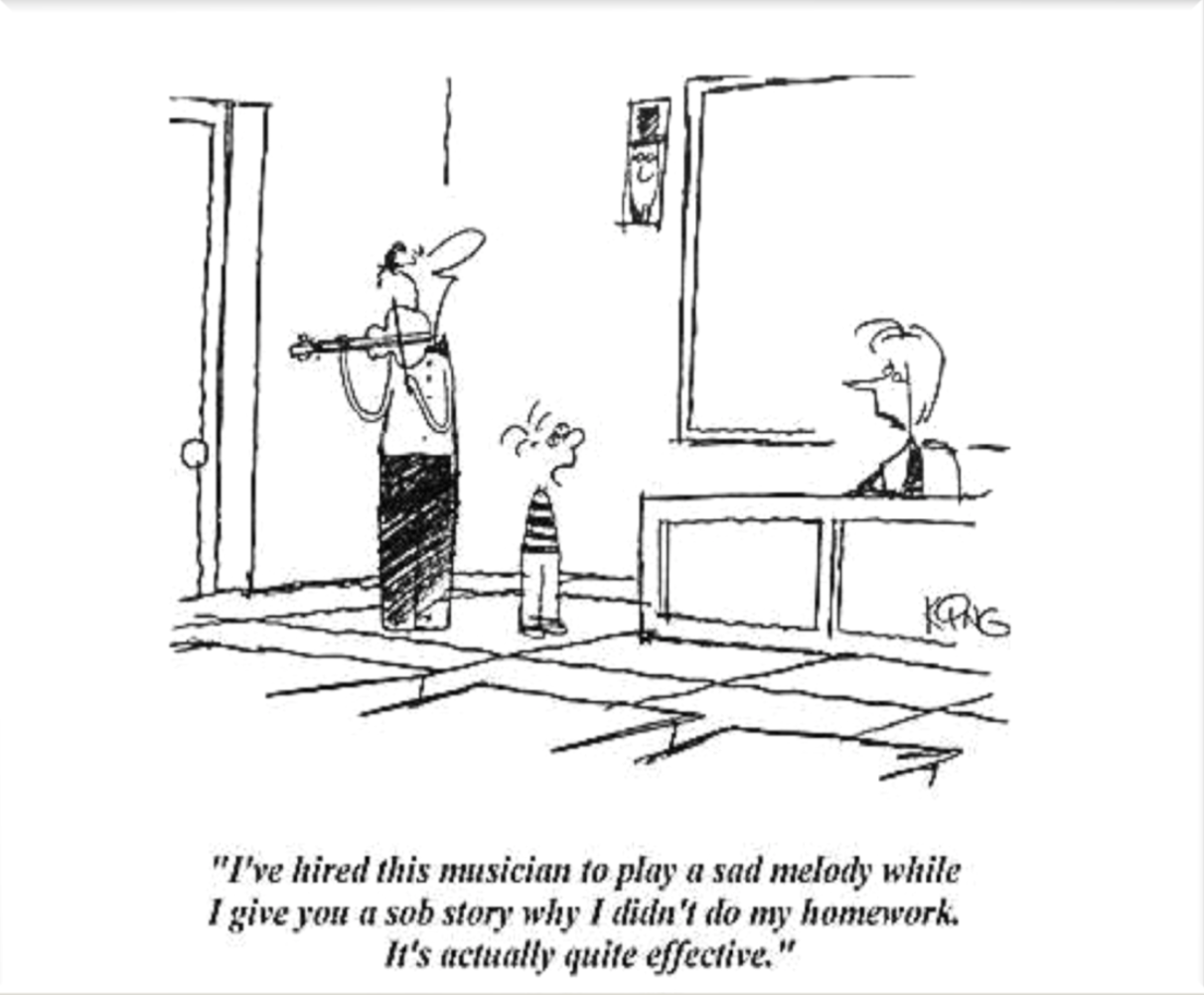 ] --- # What does it take to persuade you? ![:youtube Wildebeest arguing about a log and whether it is a crocodile, JMJXvsCLu6s] --- .left-column[ ## Technology for persuasion Coercive: negatve connotatons, patronizing, paternalistc, "we know what’s best for you and you will do it!" ] .right-column[ 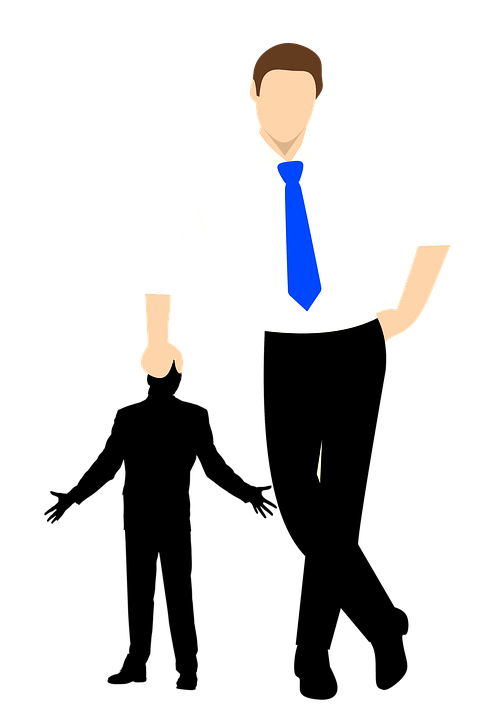 ] --- .left-column[ ## Technology for persuasion ## Is really about behavior change ] .right-column[ Which do you think is true? Persuasive = Coercive Persuasive >= Coercive Persuasive <= Coercive Persuasive != Coercive ] --- # What does it take to persuade you? ![:youtube People being persuaded to climb stairs, 2lXh2n0aPyw] --- # What does it take to persuade you? ![:youtube Cialdini, cFdCzN7RYbw] :54 6 shortcuts --- # What’s needed to support positive behavior change? .quote[ If you cannot measure it, you cannot improve it.] Lord Kelvin --- # Data Collection Options 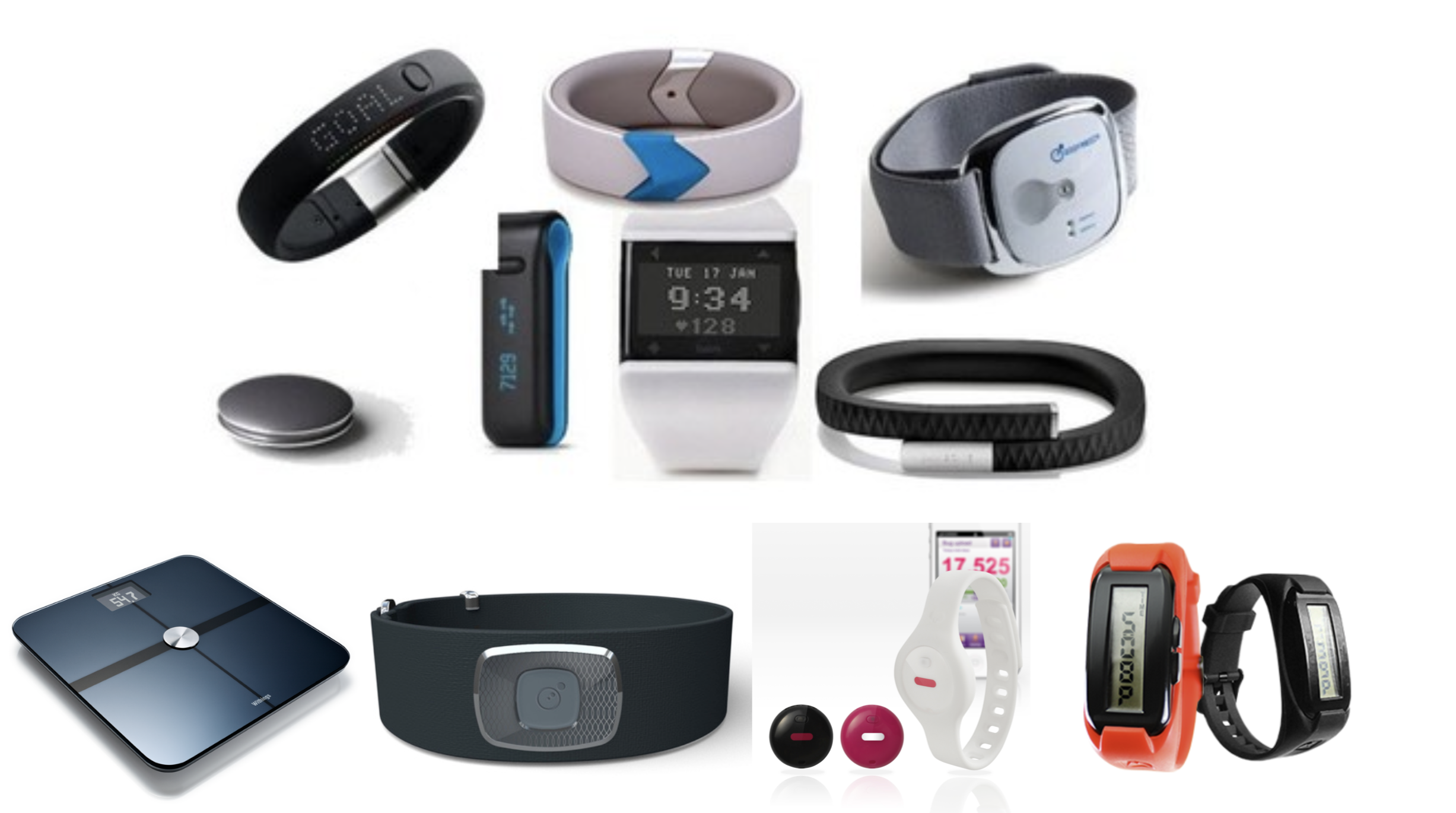 --- # Data Collection Options Or we could just use one...  --- .left-column[ ## Making Data Actionable ## Data ] .right-column[  ] --- .left-column[ ## Where is the value? ## Data ] .right-column[ Most of what we get is Data 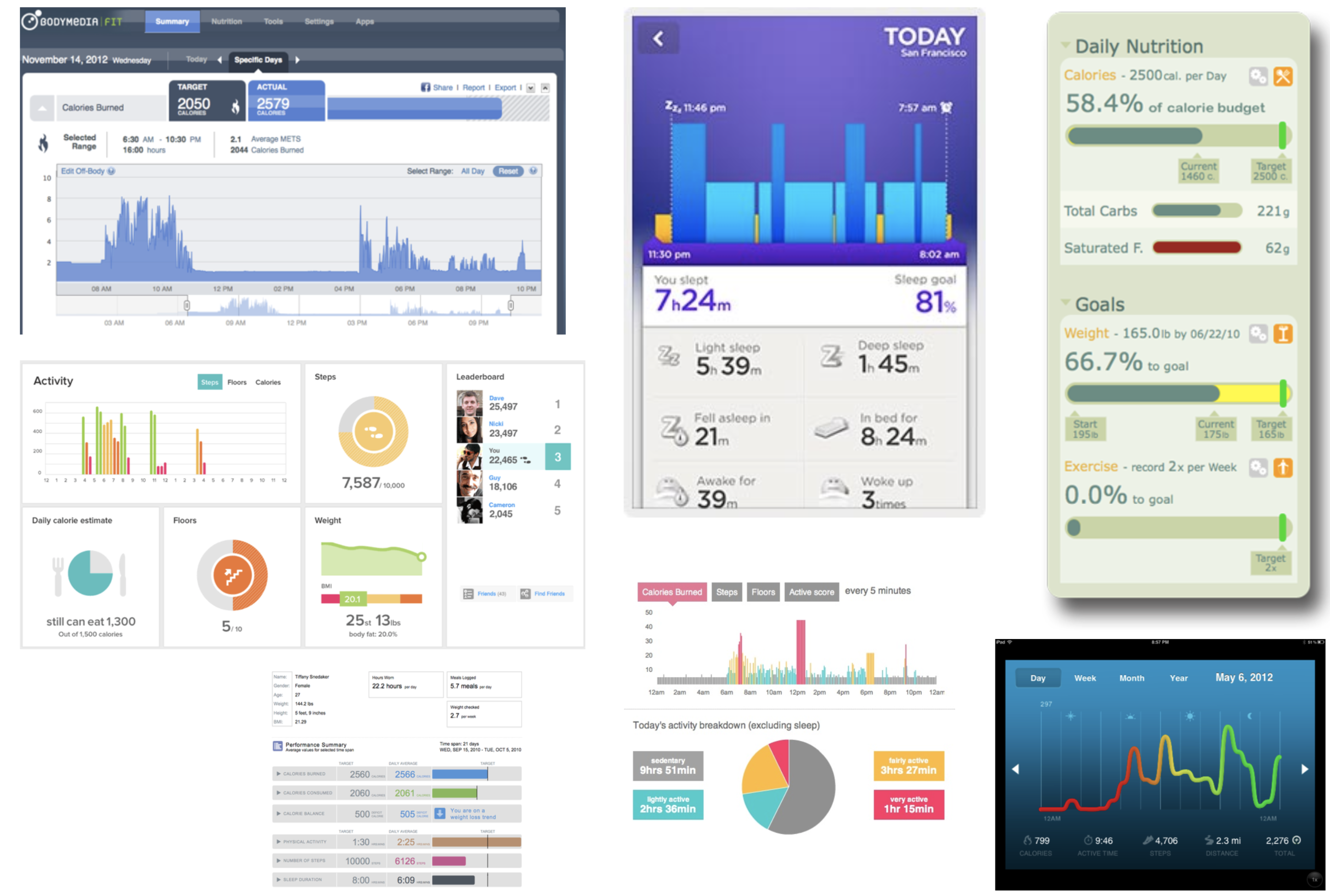 ] --- .left-column[ ## Making Data Actionable ## Knowledge ] .right-column[  ] --- .left-column[ ## Making Data Actionable ## Decision Making ] .right-column[  ] --- .left-column[ ## Making Data Actionable ### Translating data into behavior change ] .right-column[ 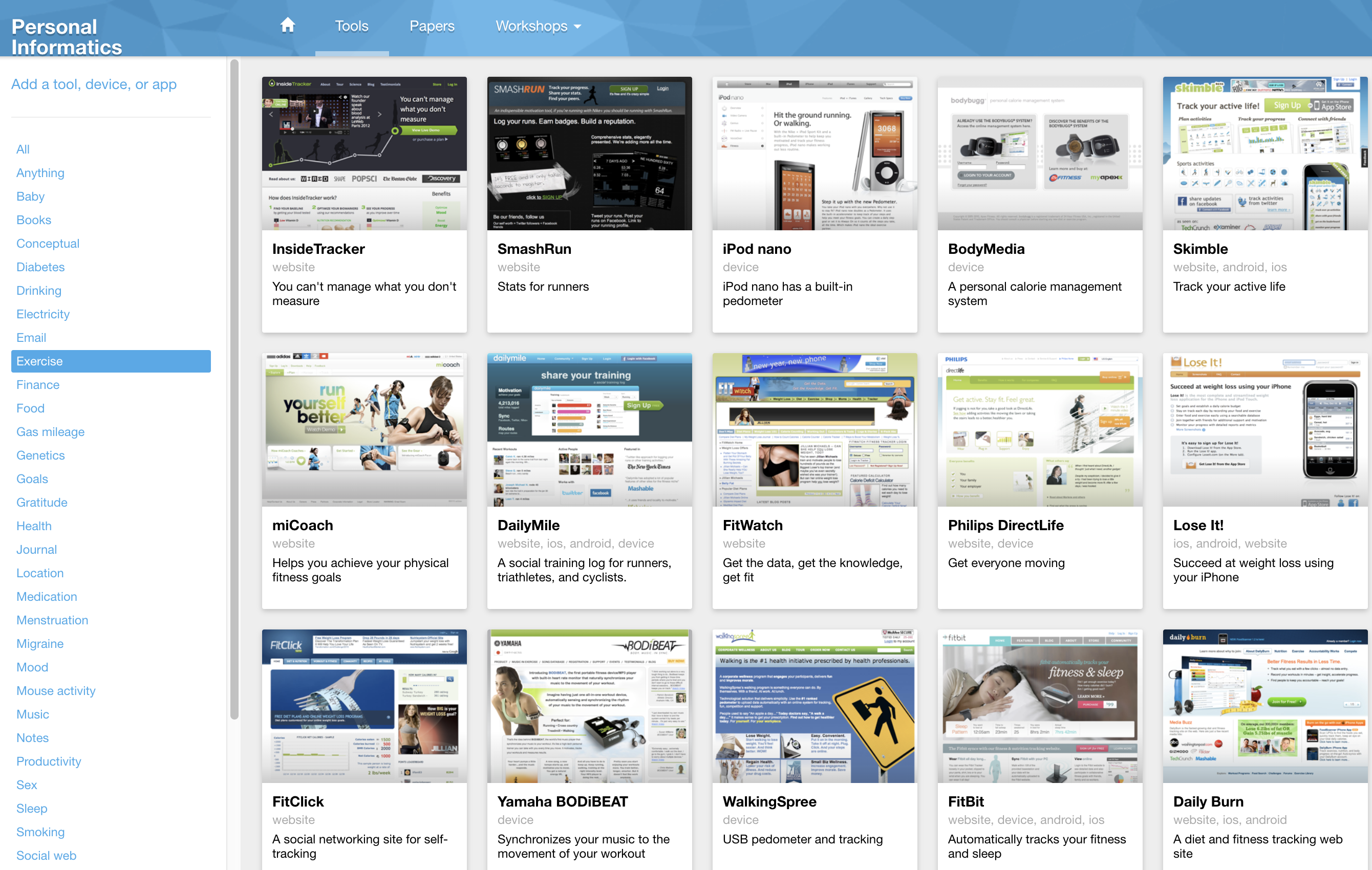 ] .footnote[[personalinformatics.org](http://personalinformatics.org/tools)] --- .left-column[ ## Making Data Actionable ### Translating data into behavior change ] .right-column[  Developed with 68 survey participants, 11 follow-up interviews ] .footnote[Li, Dey, Forlizzi. A Stage-Based Model of Personal Informatics Systems. CHI 2010.] --- .left-column[ ## Preparation  ] .right-column[ Alice! - **Wanted** to become active - **Decided** to track her physical activity - **Chose** to track step counts using a pedometer ] .footnote[ **Preparation**|Collection|Integration|Reflection|Action] --- .left-column[ ## Collection ] .right-column[ | day | steps | day | steps | day | steps | day | steps | day | steps | day | steps | |-----|-------|-----|-------|-----|-------|-----|-------|-----|-------|-----|-------| | Mon | 1573 | Mon | 1209 | Mon | 12344 | Mon | ... | Mon | ... | Mon | ... | | Tue | 4392 | Tue | 1834 | Tue | 1200 | Tue | ... | Tue | ... | Tue | ... | | Wed | 4537 | Wed | 4341 | Wed | 4311 | Wed | ... | Wed | ... | Wed | ... | | Thu | 5842 | Thu | 8300 | Thu | 7348 | Thu | ... | Thu | ... | Thu | ... | | Fri | 10258 | Fri | 10300 | Fri | 9384 | Fri | ... | Fri | ... | Fri | ... | | Sat | 7528 | Sat | 6347 | Sat | 5123 | Sat | ... | Sat | ... | Sat | ... | | Sun | 1367 | Sun | 1231 | Sun | 1430 | Sun | ... | Sun | ... | Sun | ... | | Mon | 1497 | Mon | 1503 | Mon | 1427 | Mon | ... | Mon | ... | Mon | ... | | Tue | 1837 | Tue | 1717 | Tue | 1643 | Tue | ... | Tue | ... | Tue | ... | | Wed | 4537 | Wed | 4341 | Wed | 4311 | Wed | ... | Wed | ... | Wed | ... | | Thu | 5842 | Thu | 8300 | Thu | 7348 | Thu | ... | Thu | ... | Thu | ... | | Fri | 10258 | Fri | 10300 | Fri | 9384 | Fri | ... | Fri | ... | Fri | ... | | Sat | 7528 | Sat | 6347 | Sat | 5123 | Sat | ... | Sat | ... | Sat | ... | | Sun | 1367 | Sun | 1231 | Sun | 1430 | Sun | ... | Sun | ... | Sun | ... | | ... | ... | ... | ... | ... | ... | | ... | ... | ... | ... | ... | ] --- .left-column[ ## Integration  ] .right-column[  ] .footnote[ Preparation|Collection|**Integration**|Reflection|Action] --- .left-column[ ## Reflection  ] .right-column[ 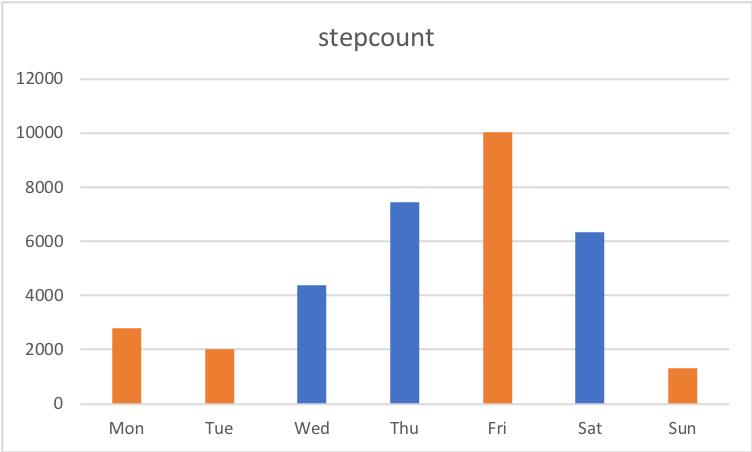 ] .footnote[ Preparation|Collection|Integration|**Reflection**|Action] --- .left-column[ ## Action 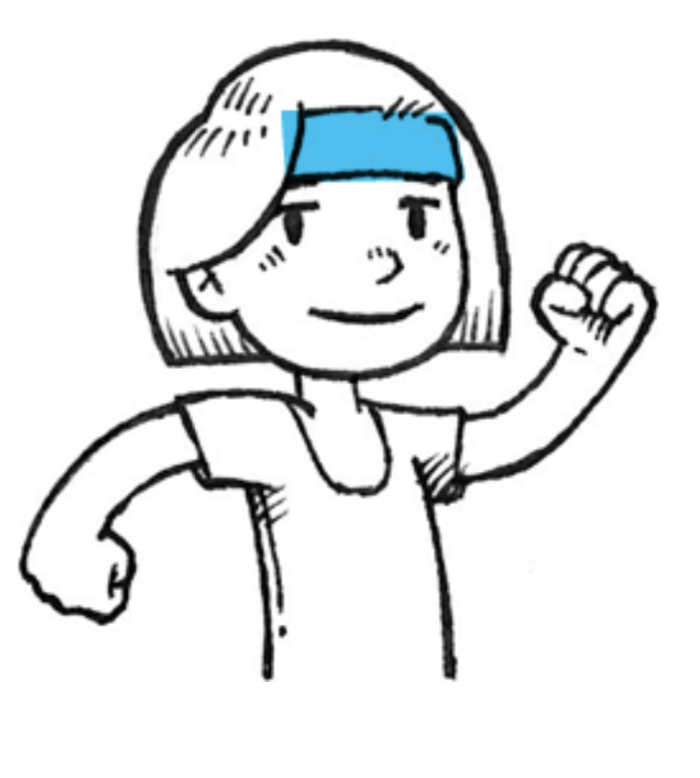 ] .right-column[ The stage when people choose what they are going to do with their new-found understanding of themselves. ] .footnote[ Preparation|Collection|Integration|Reflection|**Action**] ??? How can we support this with technology? -- .right-column[ – Alerts – Incentives – Suggestions ] ??? Context-aware computing... --- .left-column50[ 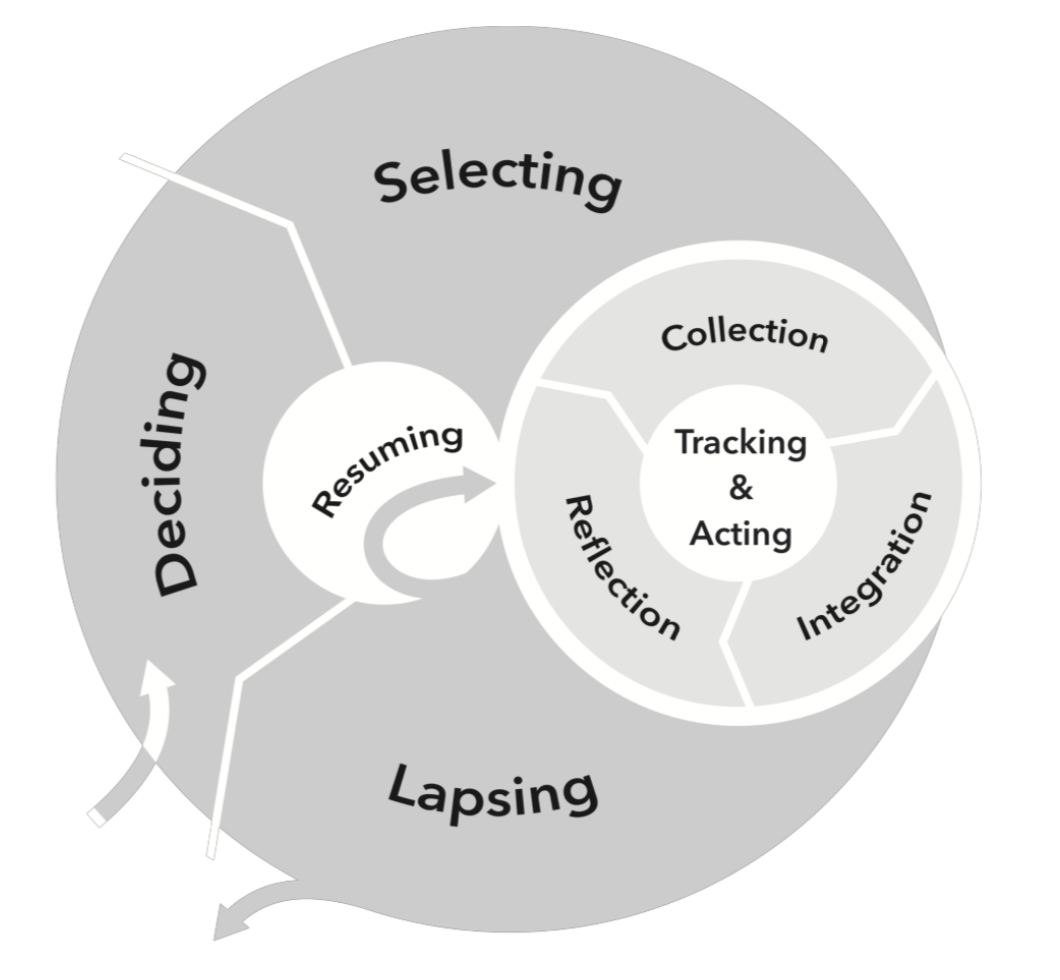 ] .right-column50[ # Why Behavior Change is Difficult ### Every stage presents distinct barriers Failures in one stage cascade through later stages, must design for entire tracking process ### This occurs in a larger context of deciding to track, selecting a tool, and eventual lapsing ] .footnote[Epstein, Ping, Fogarty, Munson. A Lived Informatics Model of Personal Informatics. UbiComp 2015.] --- # Process of Change 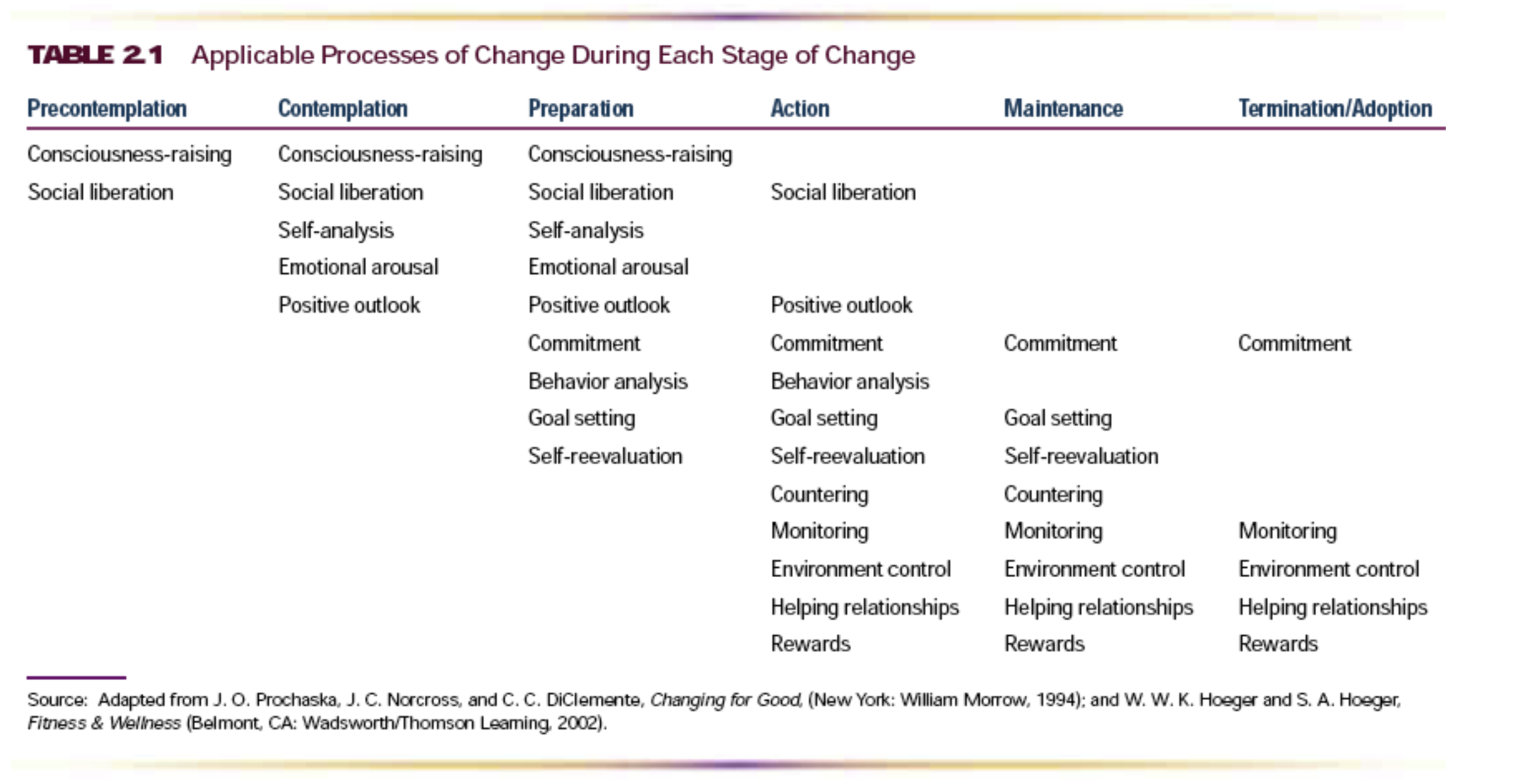 <!-- | Precont. | Cont. | Prep. | Action | Maint. | Adoption | |-----------------------|-----------------------|-----------------------|-----------------------|-----------------------|-----------------------| | Consciousness-raising | Consciousness-raising | Consciousness-raising | | | Social liberation | Social liberation | Social liberation | Social liberation | | | | | | | Self-analysis | Self-analysis | | | | | | Emotional arousal | Emotional arousal | | | | | | Positive outlook | Positive outlook | | | | | | | Commitment | Commitment | Commitment | Commitment | | | | Behavior analysis | Behavior analysis | | | | | | Goal setting | Goal setting | Goal setting | | | | | Self-reevaluation | Self-reevaluation | Self-reevaluation | | | | | | Countering | Countering | | | | | | Monitoring | Monitoring | Monitoring | | | | | Environmental control | Environmental control | Environmental control | | | | | Helping relationships | Helping relationships | Helping relationships | | | | | Rewards | Rewards | Rewards | | | | | | | | {: .small #small} --> ??? Using the same plan for every individual who wishes to change a behavior will not work Timing is important in the process of willful change --- background-image: url(img/behavior-change/phoneplanet.png) # Case Study: <BR> Energy Use --- # What is the responsibility of technologists to address climate change?  .footnote[[Amazon Refuses to Act on Climate Change. So We Employees Are Speaking Out](https://www.yesmagazine.org/planet/amazon-climate-change-action-jeff-bezos-20190530)] --- .left-column[  ] .right-column[ ## Case Study: UbiGreen Sensed Transportation Behavior Ever-present Feedback Two formative studies - Online survey - In situ (ESM) study Three week field deployment ] .footnote[ J. Froehlich, T. Dillahunt, P. Klasnja, J. Mankoff, S. Consolvo, B. Harrison, J. A. Landay, CHI 2009 ] --- 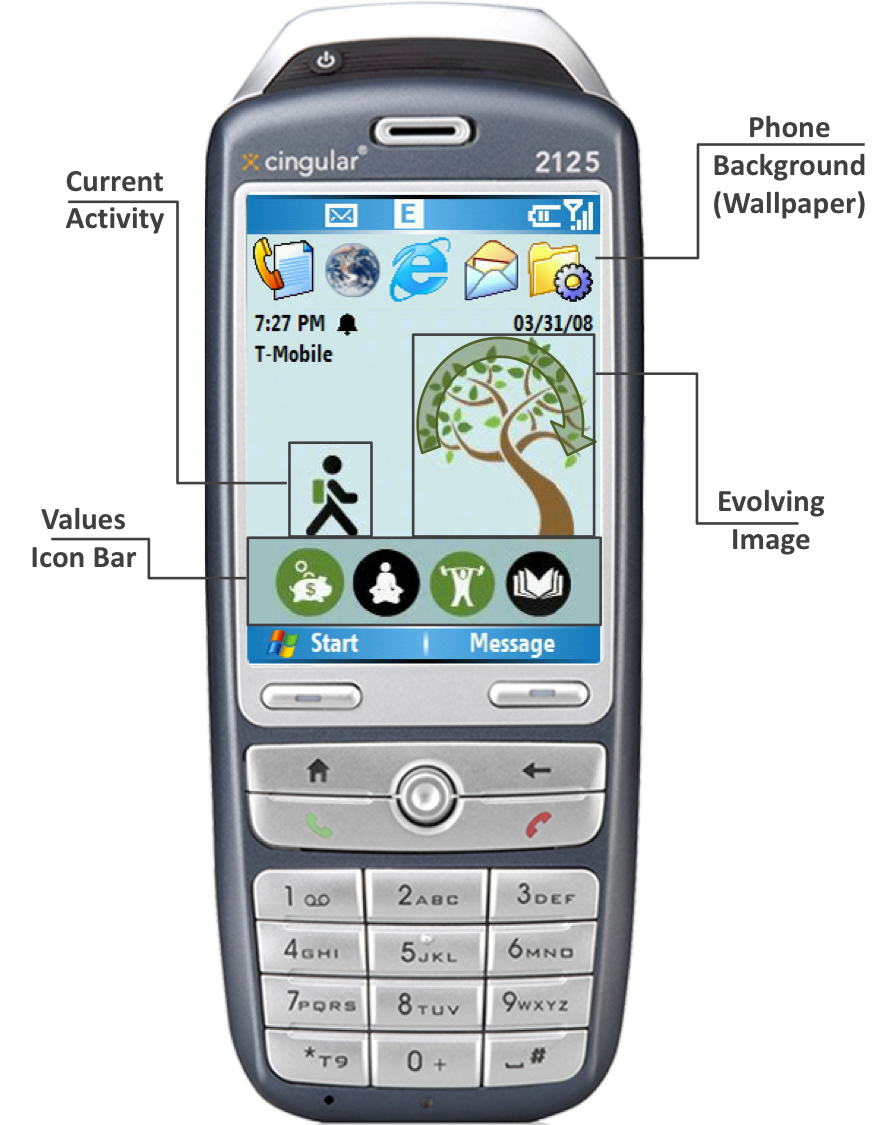 --- 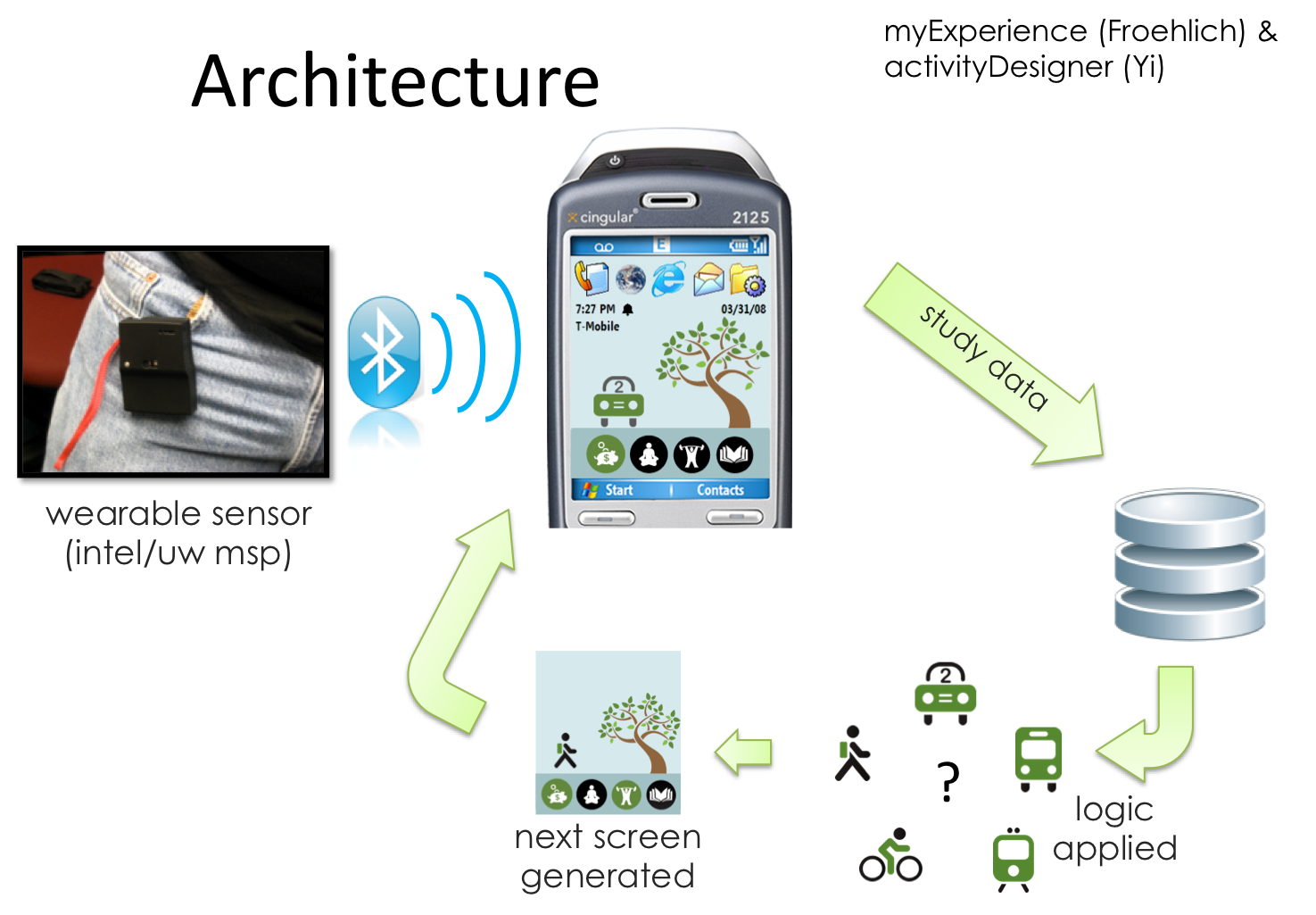 --- 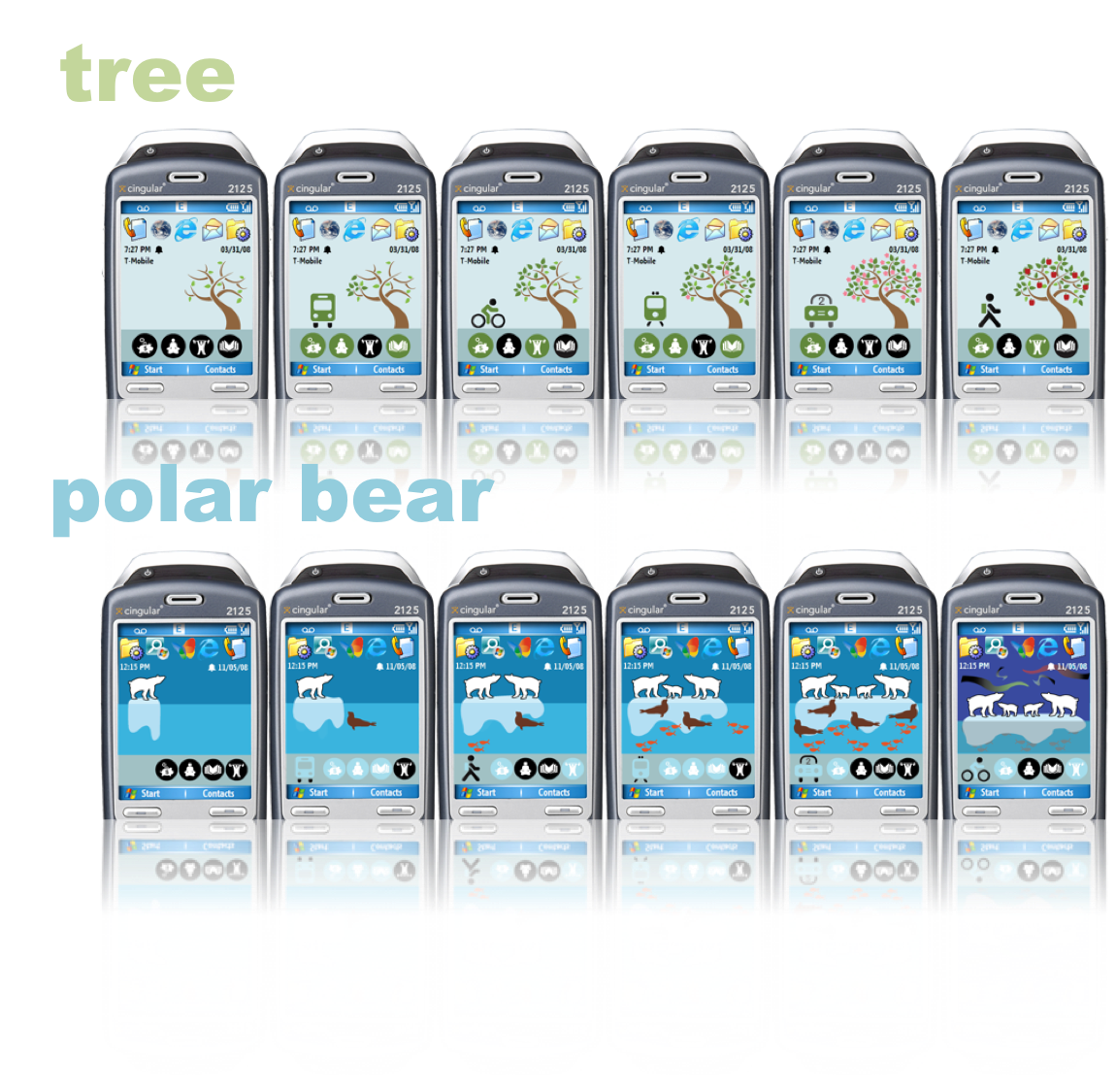 --- .left-column[  ] .right-column[ ## UbiGreen 2 cities; 14 participants Obtain preliminary feedback on prototype - Engagement - Potential for social use - Potential for changing behavior ] --- .left-column[  ] .right-column[ ## UbiGreen Engagement .quote[It's omnipresent] Behavior Change: .quote[ “It really encourages you to analyze your own performance” ] <!-- Social .quote[ “Some people at work knew about the polar bear and every day they --> <!-- asked me about it. ‘Did you get a seal today?’”] --> ] ??? Introspection --- # Personal Informatics  ??? Apply it to ubigreen --- # Aside: Other ways for CS to engage with sustainability .left-column50[ ## Impact: Direct ways of reducing carbon emissions - Efficiency (new technologies, new patterns of use, better buildings, etc.) - Carbon capture & storage - Alternate sources of energy - Carbon sinks (e.g. reforestation) - Better energy grid ] .right-column50[ ## Solutions: Indirect ways of reducing carbon emissions - Population control - Economic controls (e.g., taxes) - Cross-cultural solutions (culturally-relevant technologies) - Education - Governmental buy in (Local laws, world treaties, etc) - Advancing science ] .footnote[ [Socolow & Pacala](http://ngm.nationalgeographic.com/2007/10/carbon-crisis/img/stabilization_wedges.pdf); A. Gore, Earth in the Balance ] --- .right-column[ ## My checklist for mobile ICT impact *Measure* waste and impact - Example: [what happens to phones when you finish with them?](https://dl.acm.org/citation.cfm?doid=1357054.1357110) *Monitor, Model & Inform* governments as well as individuals - Example: [Measuring air pollution using a mobile device](https://dl.acm.org/citation.cfm?doid=1978942.1979290) ] --- .left-column[ 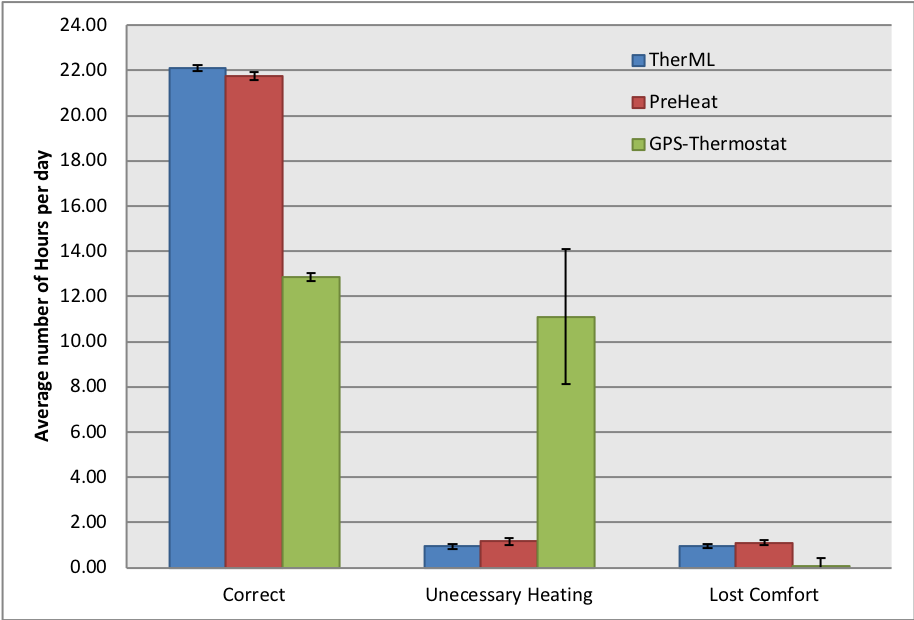 Simulated impact of multiple algorithms on three month data set ] .right-column[ ## My checklist for mobile ICT impact *Encourage environmentality* - example [Automated thermostat setting](https://dl.acm.org/citation.cfm?doid=2493432.2493441) - automation, efficiency, re-use - people (lived experience) - reduce waste ] .footnote[[some computer science issues in creating a sustainable world](http://www.cs.cmu.edu/~io/publications/ieee08-preprint.pdf)] --- .left-column[  ] .right-column[ # My checklist for mobile ICT impact *Relevance across sectors and cultures* (residential: renters, owners, etc), business, ...) - Example: [understanding conflicts between landlords and tenants around energy use](https://dl.acm.org/citation.cfm?doid=1864349.1864376) - Example: [deploying an android energy monitor to help communities & individuals monitor](https://dl.acm.org/citation.cfm?doid=2531602.2531626) Goal: *Scale up* to governments, nations or more ] .footnote[ [Some computer science issues in creating a sustainable world](http://www.cs.cmu.edu/~io/publications/ieee08-preprint.pdf) ] --- .title[Why a digression on sustainability in a behavior change lecture?] .body[  ] ??? That's all there is to fix it, we need the will power at a society level Of course there's other applications of behavior change as well :) Health is a big one!